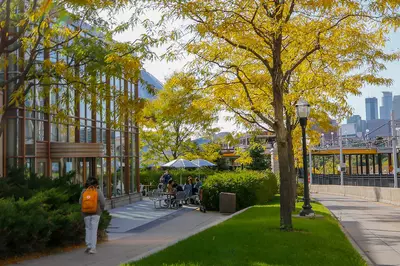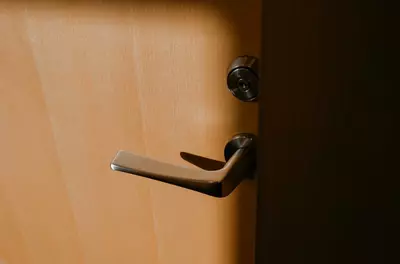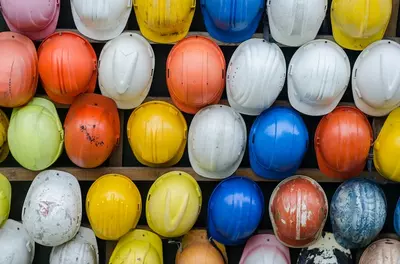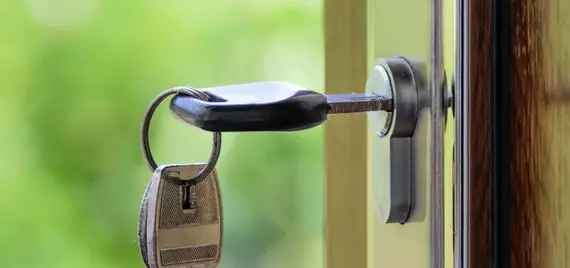
 Where do you spend the bulk of your time when you are not at home? For many people, it’s work or school. While you have less control over the environments of places outside your own house or apartment, there are still precautions you can take to ensure your safety at your “second home.”
Where do you spend the bulk of your time when you are not at home? For many people, it’s work or school. While you have less control over the environments of places outside your own house or apartment, there are still precautions you can take to ensure your safety at your “second home.”

Always lock your dormitory door when you leave, even if you’re just heading down the hallway for a minute.
Avoid dark or less traveled paths on campus, especially at night. If you have to walk through a dark section after class, have a friend join you or call for a campus escort.
Refrain from using alcohol—especially if you are underage. Drinking can decrease your sense of inhibition and increase your risk of making unsafe decisions.
If you decide to drink anyway, always attend parties or bars with a group of friends, one of whom has volunteered to be the “sober friend” that night to help you refrain from making unwise choices. Never leave your drink unattended.
Join a campus organization or affinity group to build your network of support. Many people feel safer when they know they have allies on campus.
- 1 of 5
- 2 of 5
- 3 of 5
- 4 of 5
- 5 of 5

Always wear safety equipment when recommended—helmets, glasses, gloves, boots, and other coverings.
Be alert to toxins that might be on your job site. Follow guidelines when dealing with them, and immediately alert authorities if you suspect a leak.
Don’t operate equipment when sleepy or taking certain medications.
Learn the United States Occupational Safety and Health Administration (OSHA) guidelines about workplace safety, and file a complaint when necessary.
For employees in farming and industrial fields, on-the-job outdoor air quality is also a concern. Each state has a department of environmental health within its main health department that can advise workers and employers on outdoor air quality regulations. To find your state's health department, visit the Centers for Disease Control site.
- 1 of 5
- 2 of 5
- 3 of 5
- 4 of 5
- 5 of 5




